As they walk the length of their 32-hectare (80-acre) property, it is evident that Wayne and Carry Dueck share a deep love for the place they simply call The Land.
In 1981, Wayne was serving on the board of directors of Native Ministries in what was then the Conference of Mennonites in Canada. While attending a board meeting in Rosthern, Sask., he glanced through a copy of the local weekly newspaper and spotted an advertisement that read: “Land for Sale, 80 acres.” The ad included a Duck Lake telephone number.
“I called purely on impulse, remembering that I’d often commented to Carry that, as a first-generation urbanite, it would be a dream-come-true to own a piece of land other than the small residential lot [we] owned in . . . Saskatoon,” says Wayne.
He met the owner at the property that evening. “We sat on the end gate of his truck,” he recalls. “Sandhill cranes circled overhead. A Swainson’s hawk screamed off in the distance. Coyotes antiphonally sang to the east and to the west. It seemed so peaceful and quiet.”
It didn’t take Wayne long to decide to buy the property. Then he found a pay phone in Duck Lake and called his wife. “I asked Carry how she felt about my buying 80 acres of non-productive farmland,” he says. She was enthusiastic.
The property, located about 11 kilometres west and four kilometres north of Duck Lake, was home to mature spruce and trembling aspen trees. Diamond willow brush surrounded a 1.5-hectare slough at the north end of the property. Chokecherry, saskatoon berry and wolf willow bushes grew along the eastern border.
The Duecks wanted the property to remain in its natural state. But they also wanted to add trees.
“I decided that soil conditions were perfect, with a bit of help from Mother Nature, to grow coniferous trees,” says Wayne.
In 1986, he planted 10,000 white spruce and Scots pine trees. He planted another 10,000 seedlings the next year. In the years that followed, Wayne and his sons Colin and Greg, along with many friends, planted even more trees, bringing the grand total to 38,001 coniferous trees by 2014.
“I saw Wayne as a man who was passionate about planting trees,” says Carry. “The joy of seeing them planted and then grow was a gift to all who came to visit.”
Alluding to the allegorical tale, The Man Who Planted Trees, by Jean Giorno, Carry says, “The man [in the story] became a major inspiration for the idea of planting trees as a route to reparation, a way of making amends for the damage we have dealt to the natural world.”
Today Wayne estimates that some 10,000 second-growth conifers, some of them 2.5 metres tall, have sprouted from the ones he planted.
Wildflowers and fruit also thrive in this protected space. Prairie lilies, brown-eyed susans and wild roses flourish, as do wild strawberries, saskatoons and chokecherries.
Animal life, too, is abundant on The Land. The Duecks have spotted deer, elk, brown bears, porcupines, squirrels and many species of birds over the years.
The Land was a special place for the Duecks when their sons were growing up. They spent summers camping on the property and hosted their sons’ birthday parties there.
“Over the years, several hundred individuals and many groups have spent time with Carry and me at The Land,” says Wayne. “For many, being so close to nature was a new experience.”
One group that spent time on The Land was Saskatoon’s Nutana Park Mennonite Church, Wayne and Carry’s faith community. On more than one occasion, the congregation enjoyed church picnics and Sunday afternoon faspa at the Duecks’ property.
The Land provided Wayne and Carry with many teaching opportunities. They delighted in seeing children peer into bluebird nesting boxes, climb trees, and listen, often for the first time, to coyotes singing.
He recalls family and friends playing baseball “using a bat carved from a poplar tree,” roasting wieners and sipping hot chocolate on cool fall evenings, and telling progressive stories around the campfire.
The Land allowed the Duecks “to create a place where many individuals and groups could experience each other and God’s nature in positive and engaging ways,” says Wayne. It has been “the near perfect environment to teach and demonstrate love, kindness, understanding, tolerance and forgiveness,” he adds.
These days, the Duecks live in Kelowna, B.C., near son Greg and his family. But they return to The Land whenever they can, marvelling at the growth of the trees, noting what has changed and what remains the same.
“The Land was considered agriculturally unproductive,” says Carry, “but, in fact, it was a huge gift of life.”


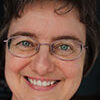
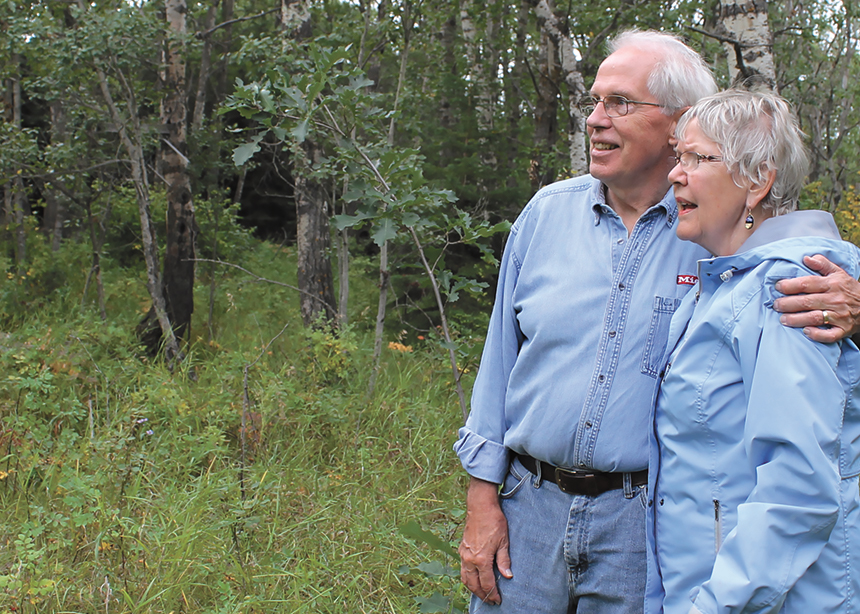

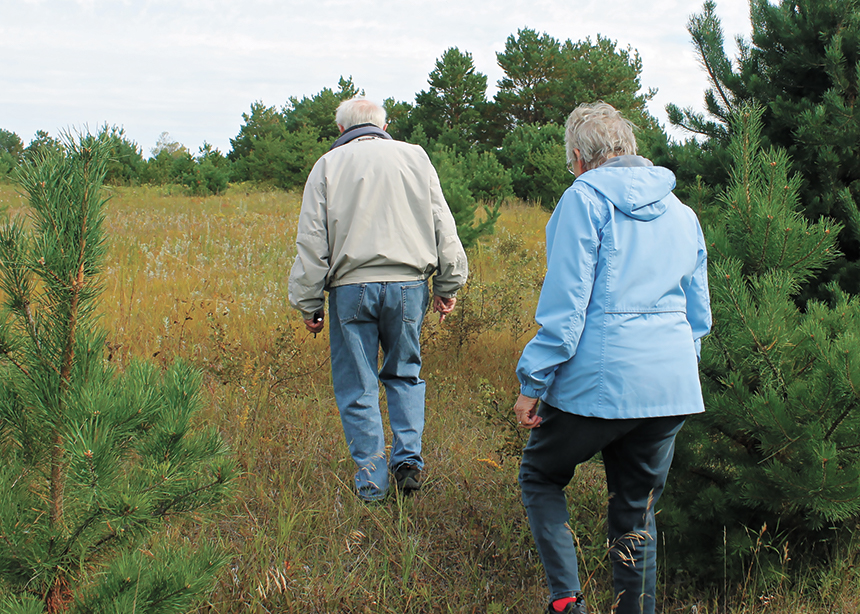
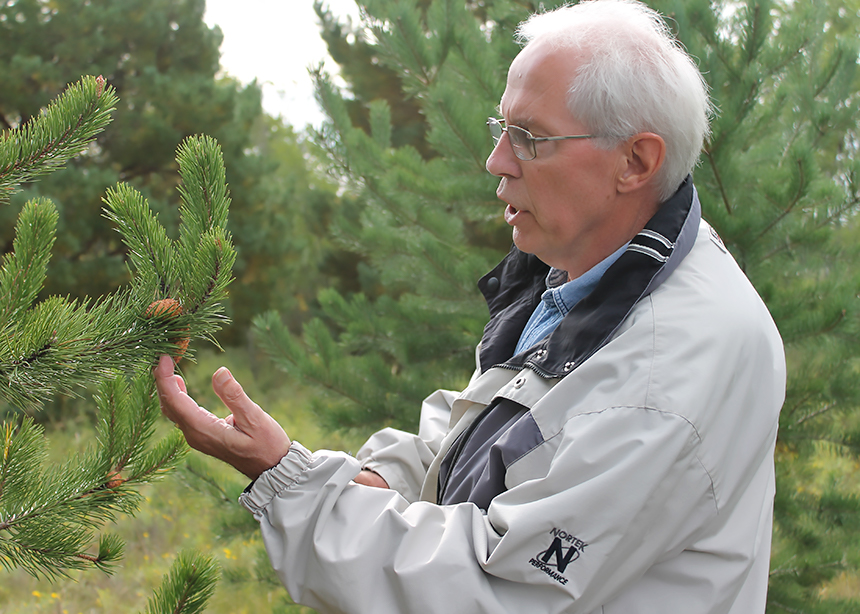
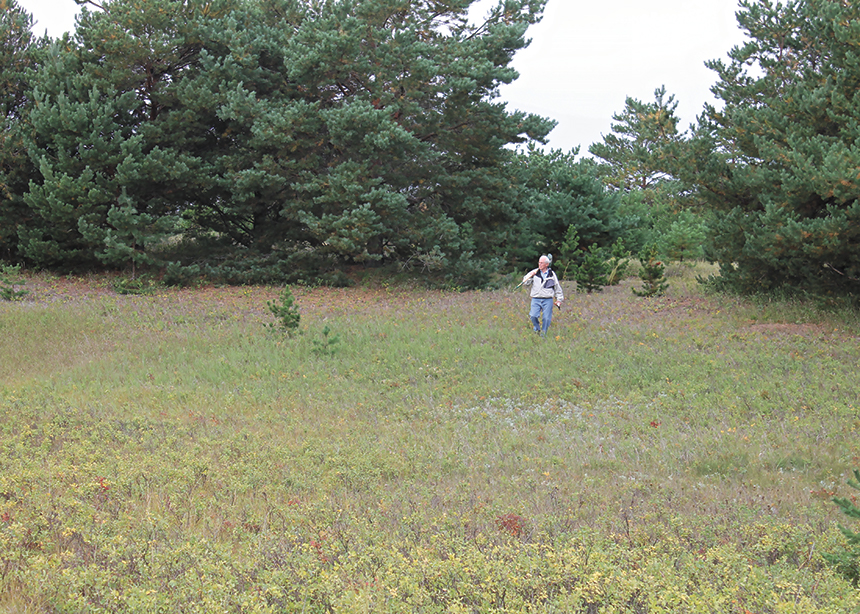
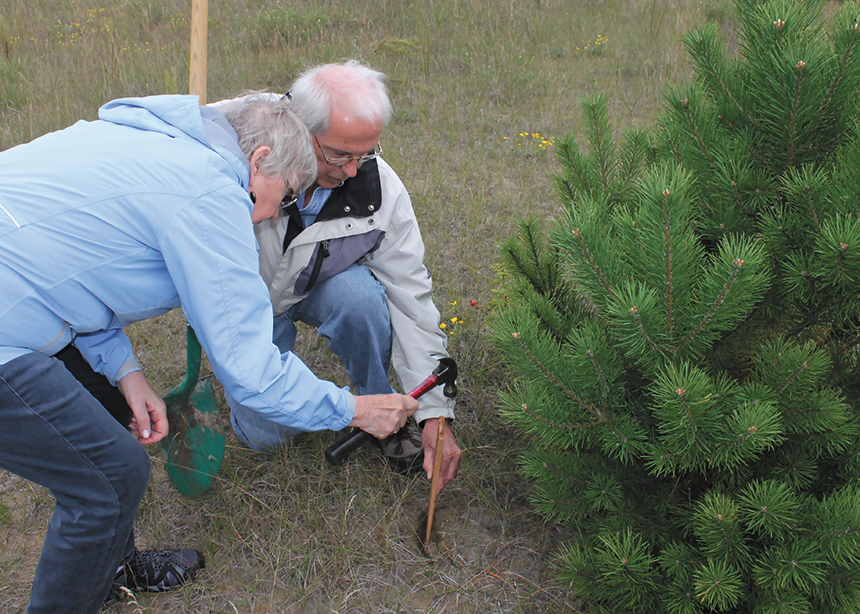
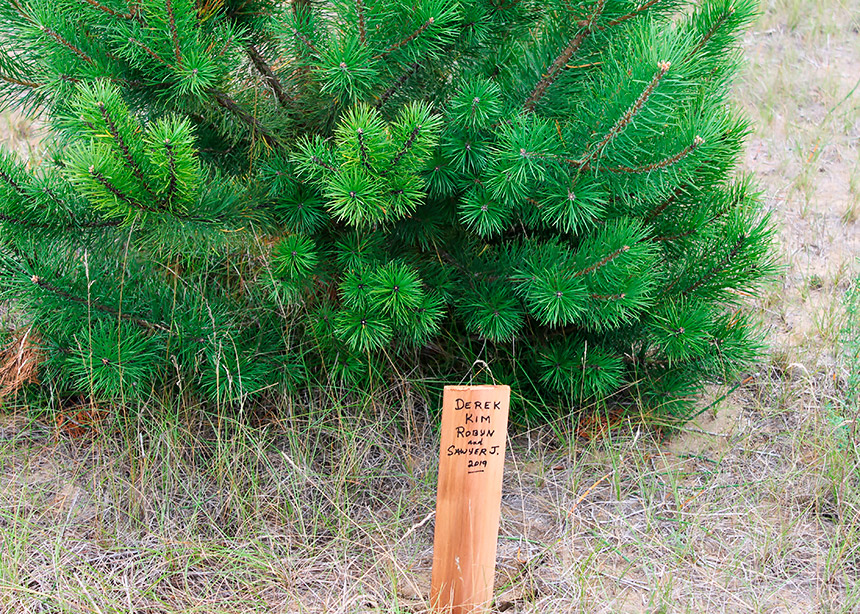
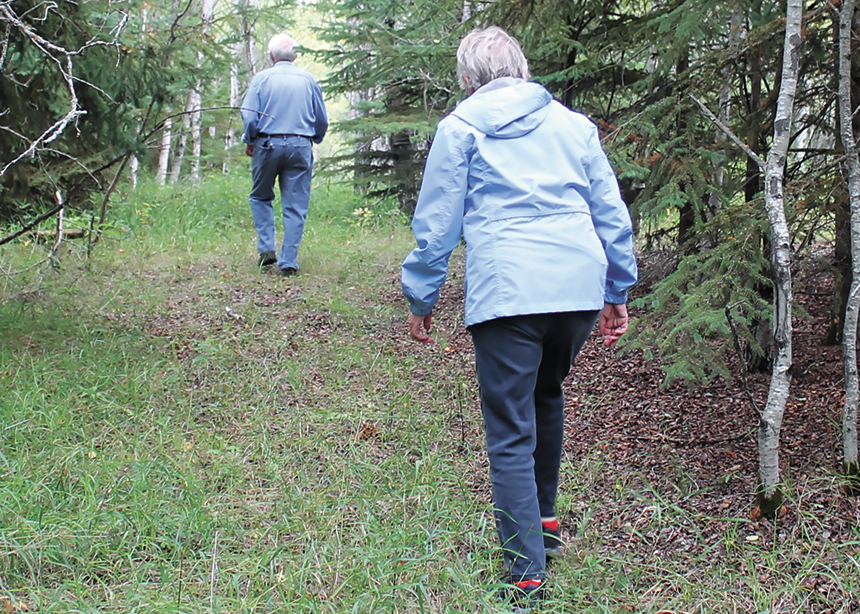
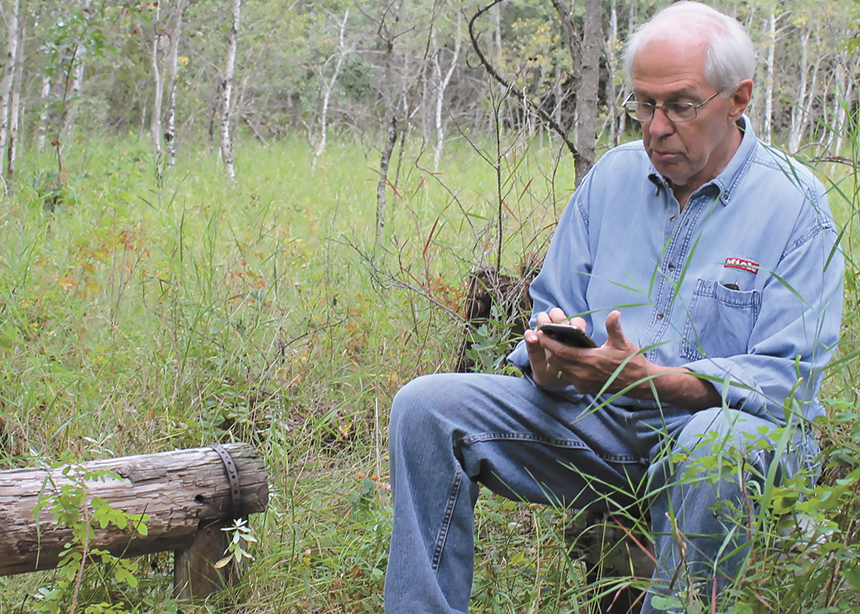
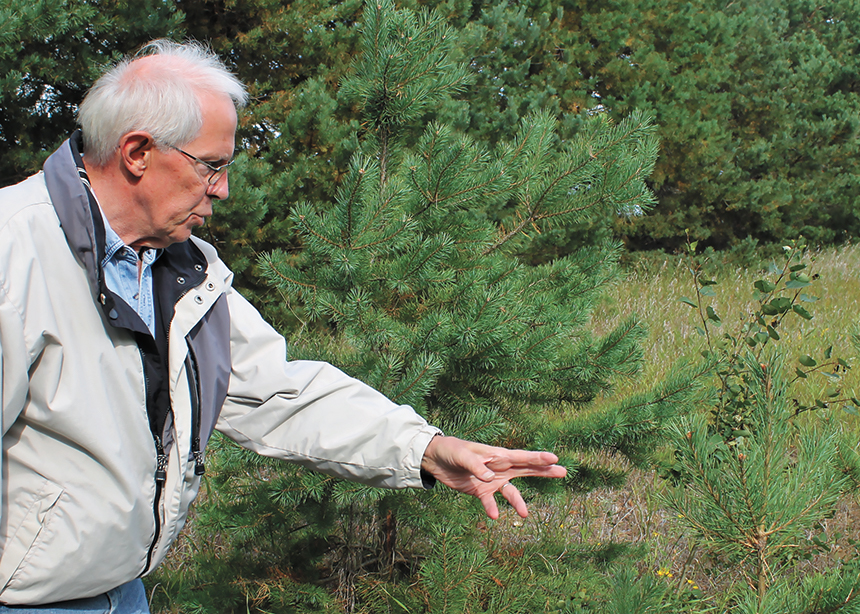
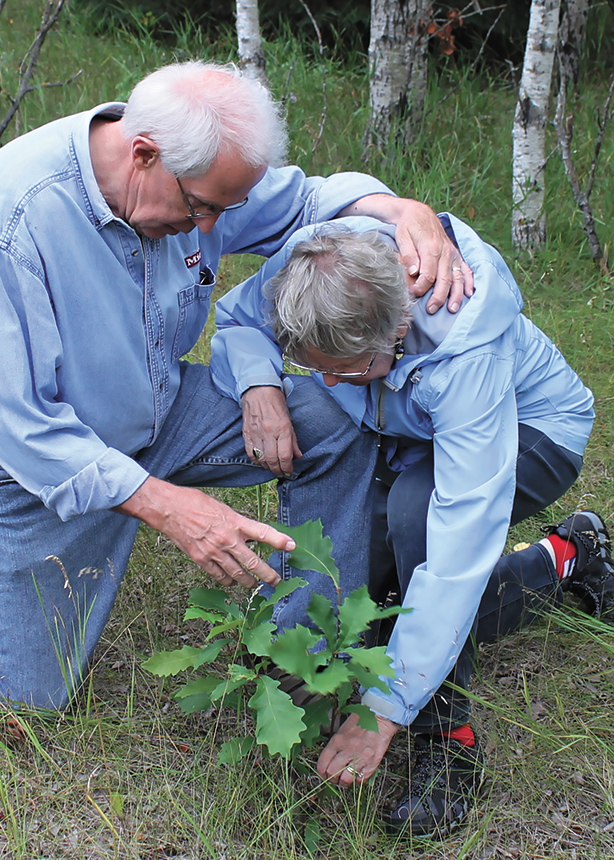
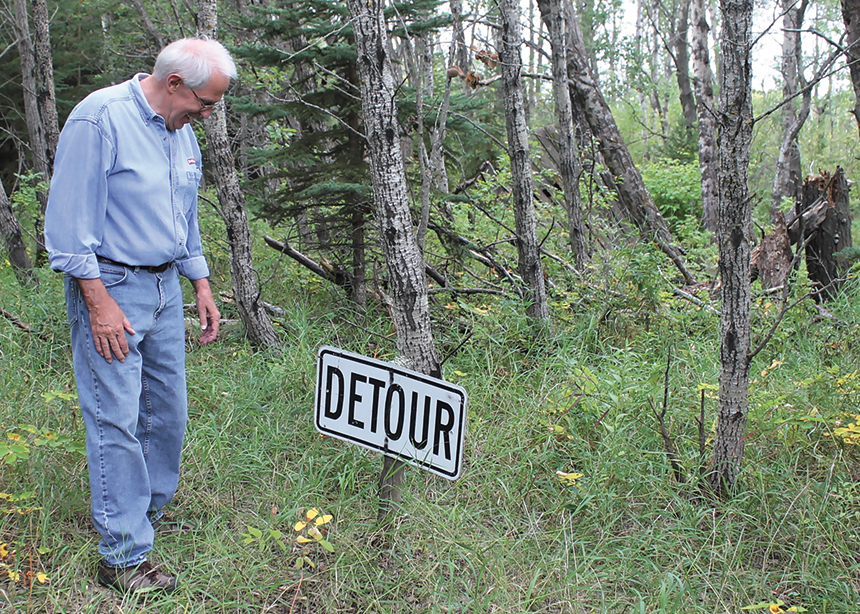
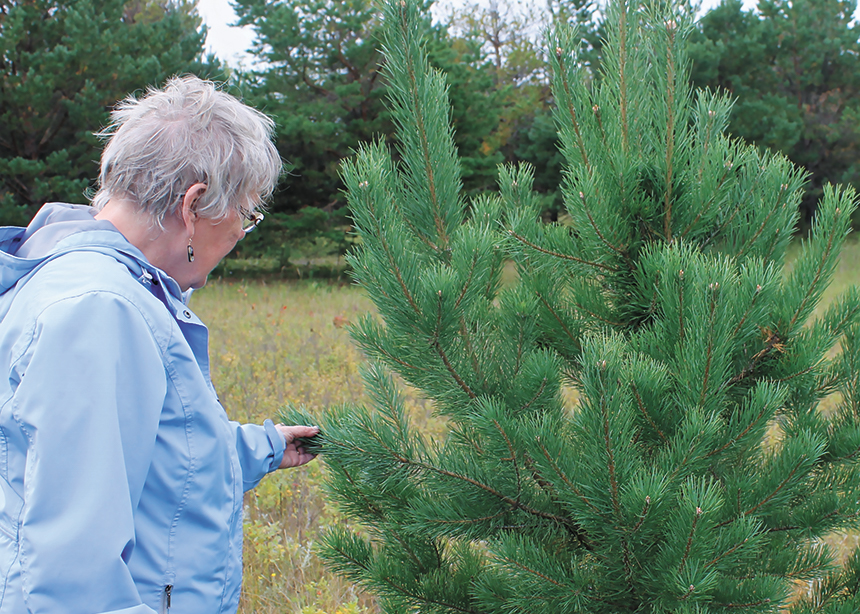
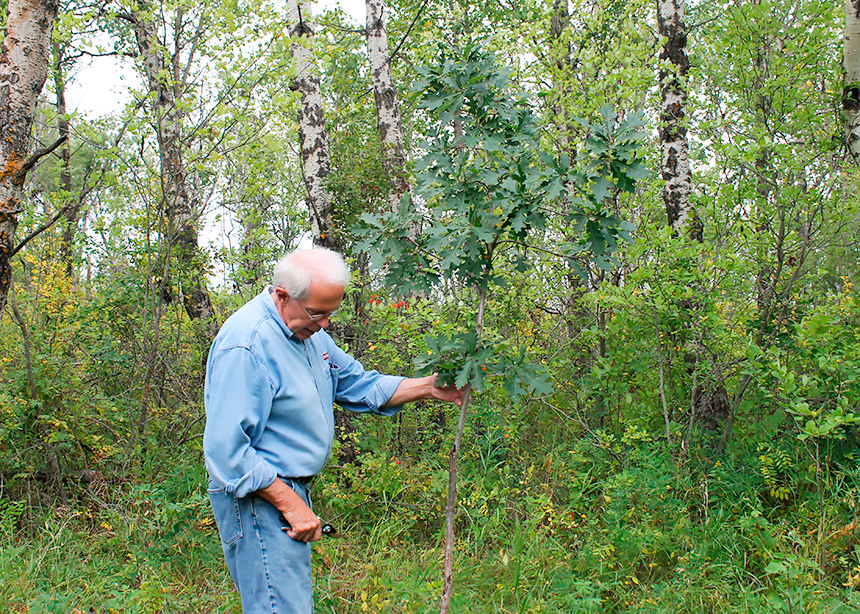

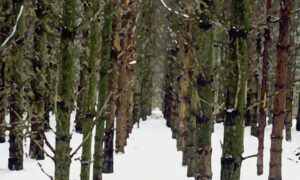

Leave a Reply
You must be logged in to post a comment.